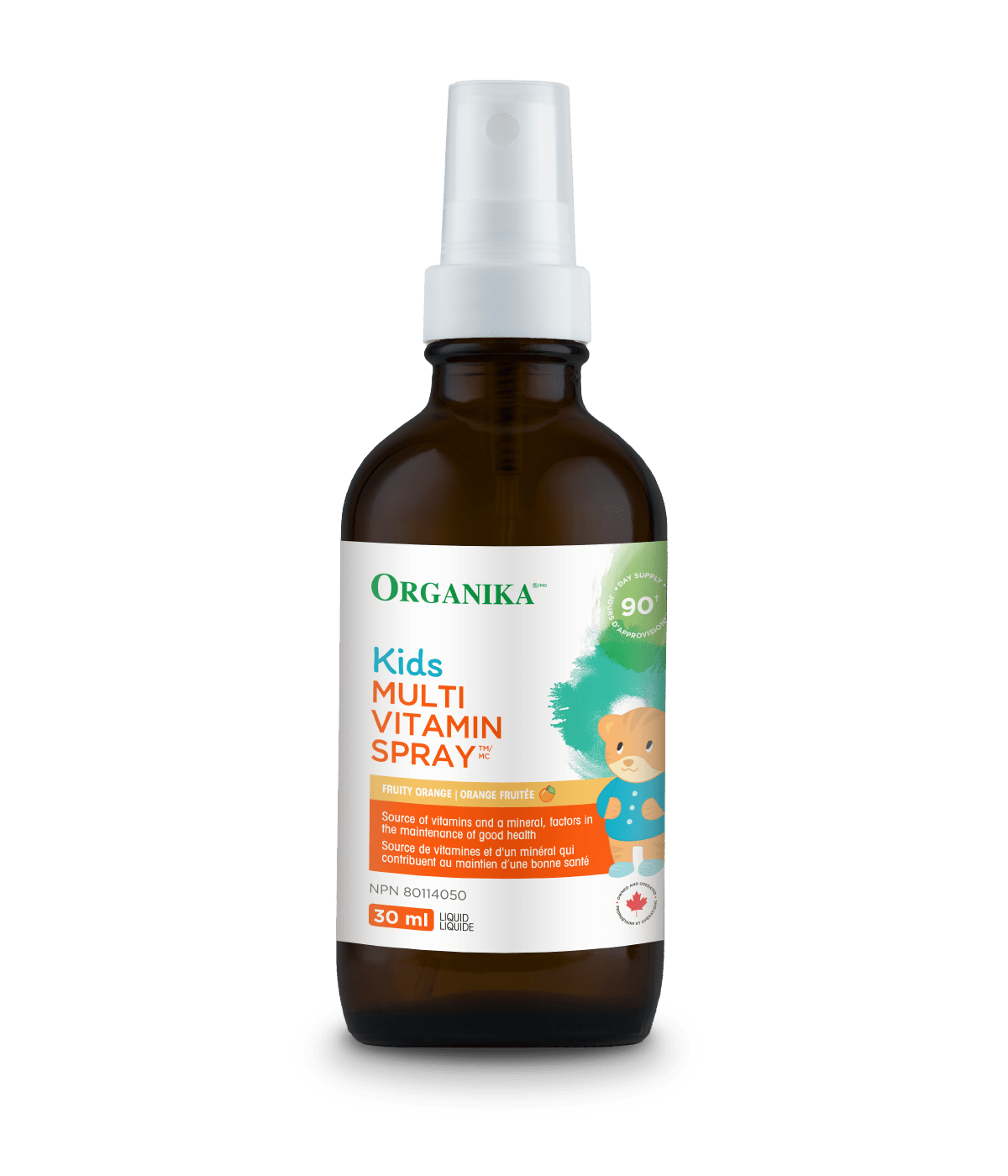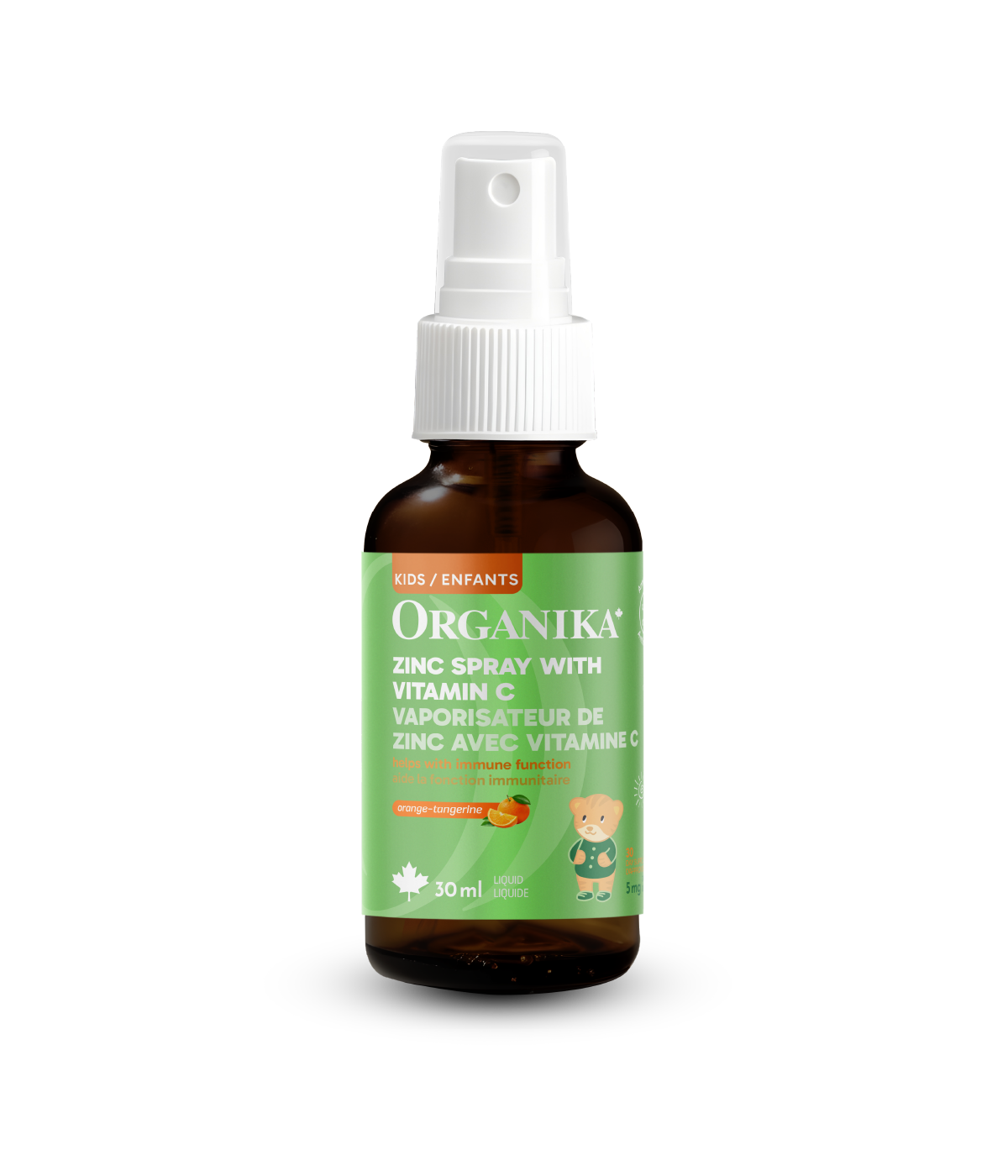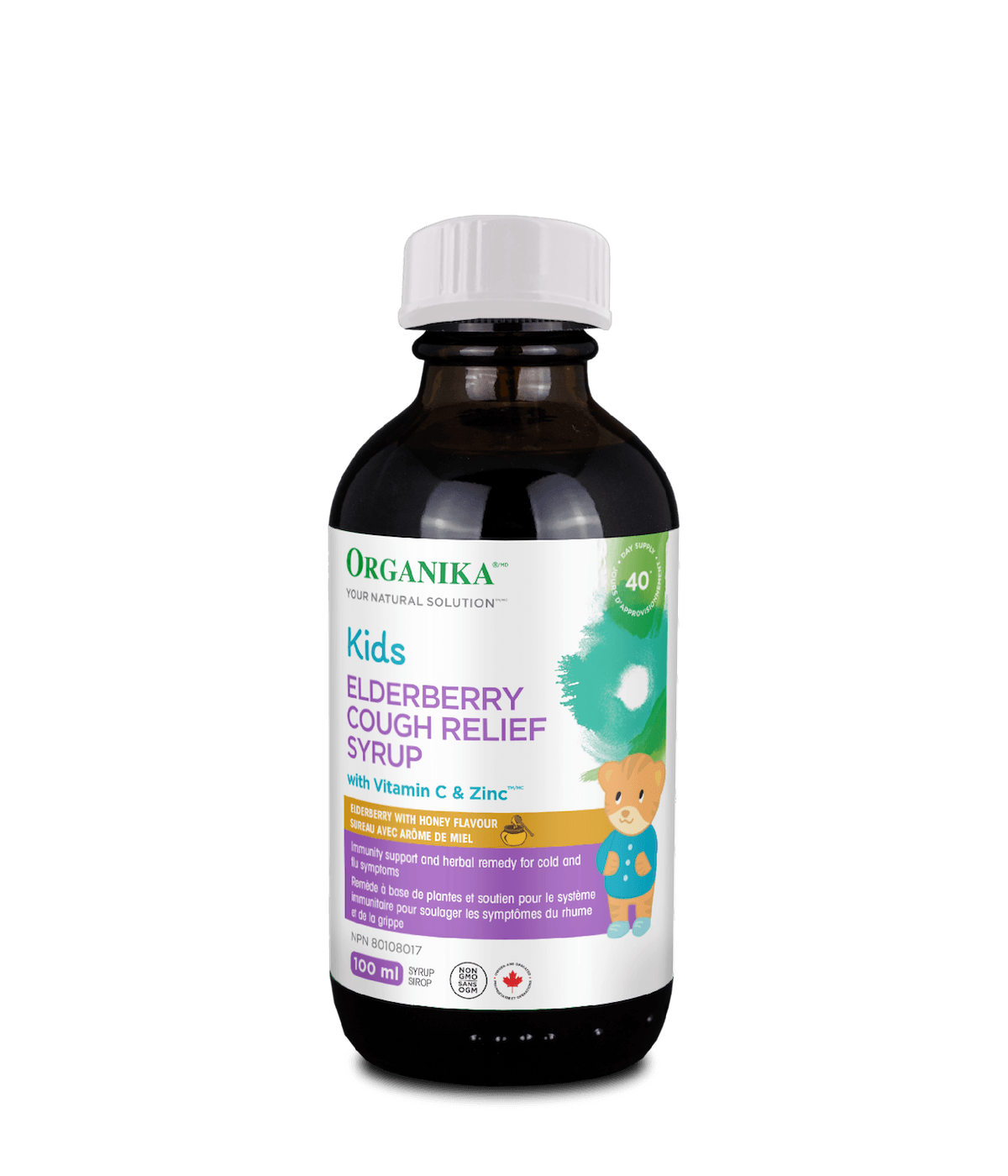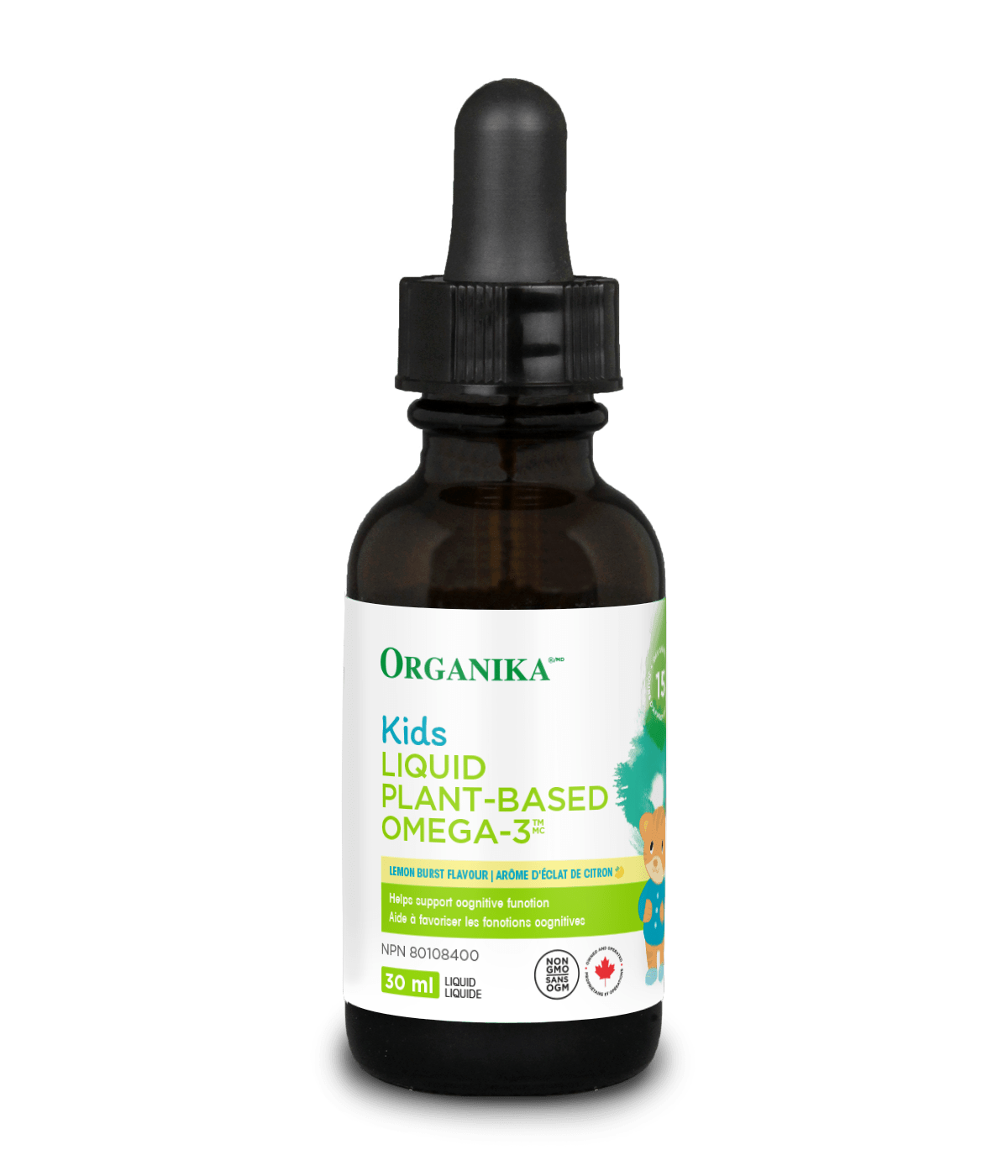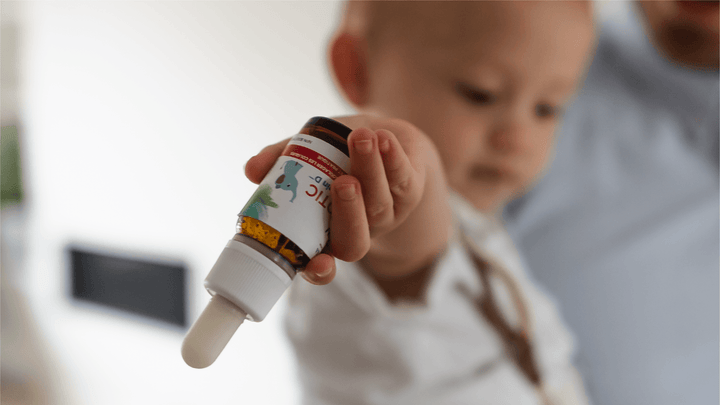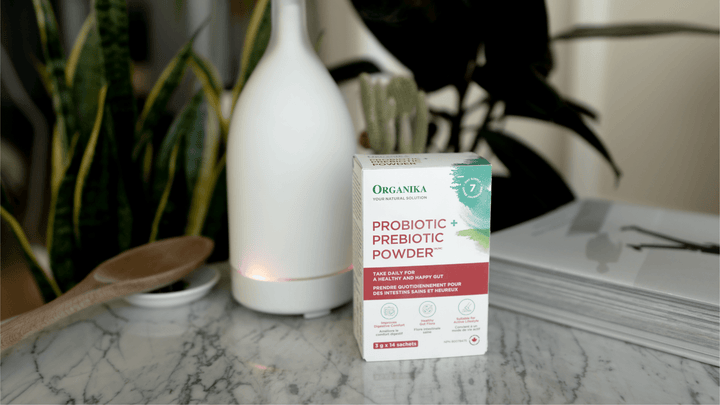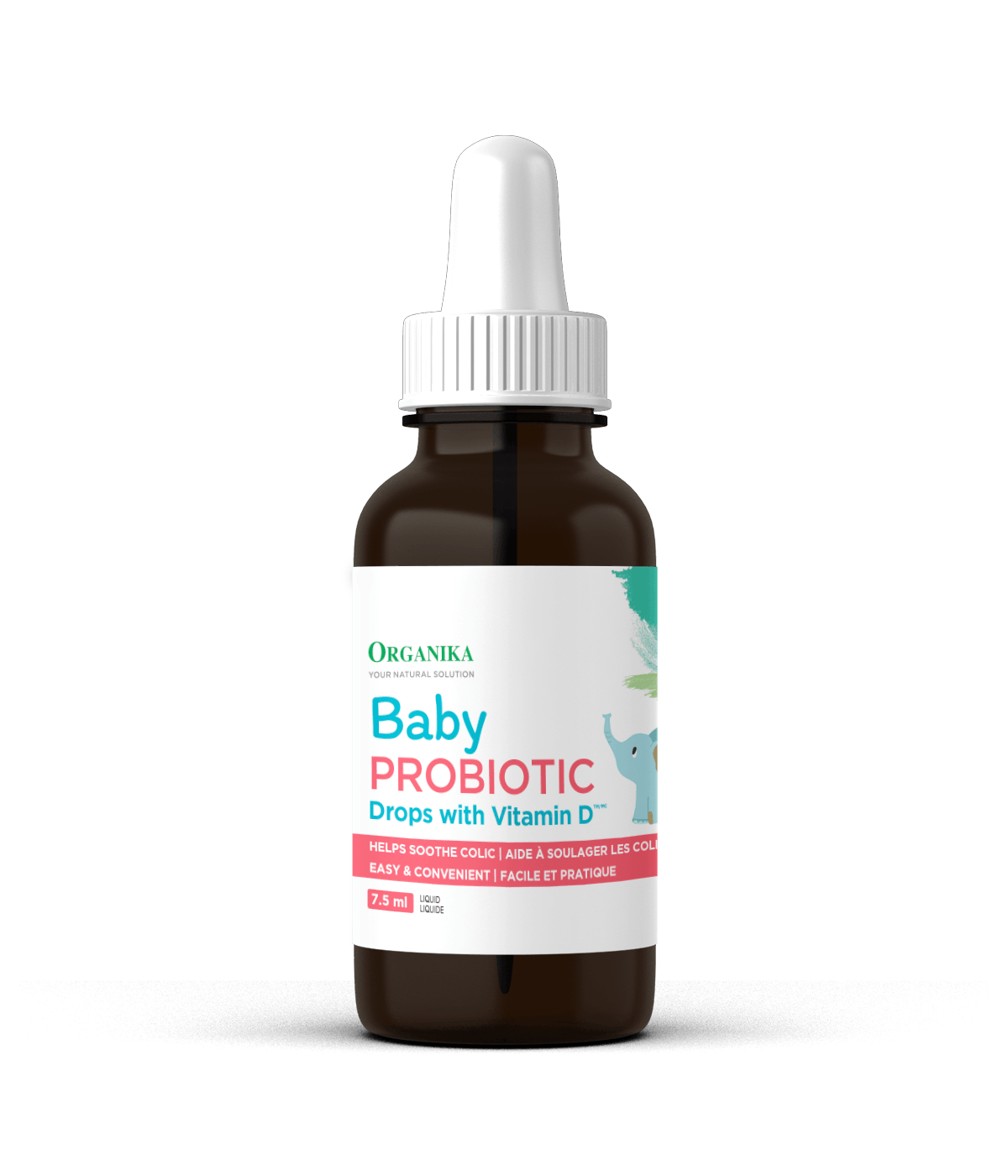
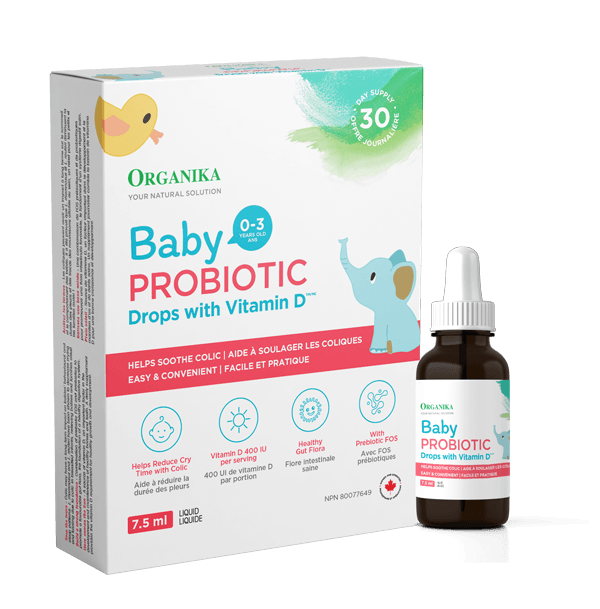




-
Is this right for you?

-


-


-

Baby Probiotic Drops With Vitamin D
A daily drop to support babies digestive and immune health
- Helps reduce crying and fussiness in breast-fed infants due to colic
- Provides vitamin D for building and maintaining strong bones and teeth
- Probiotics support digestive health
- Supports healthy immune function Easy-to-use liquid drops for babies
Couldn't load pickup availability



Notify Me When Available
Enter your email and we'll let you know as soon as this product is back
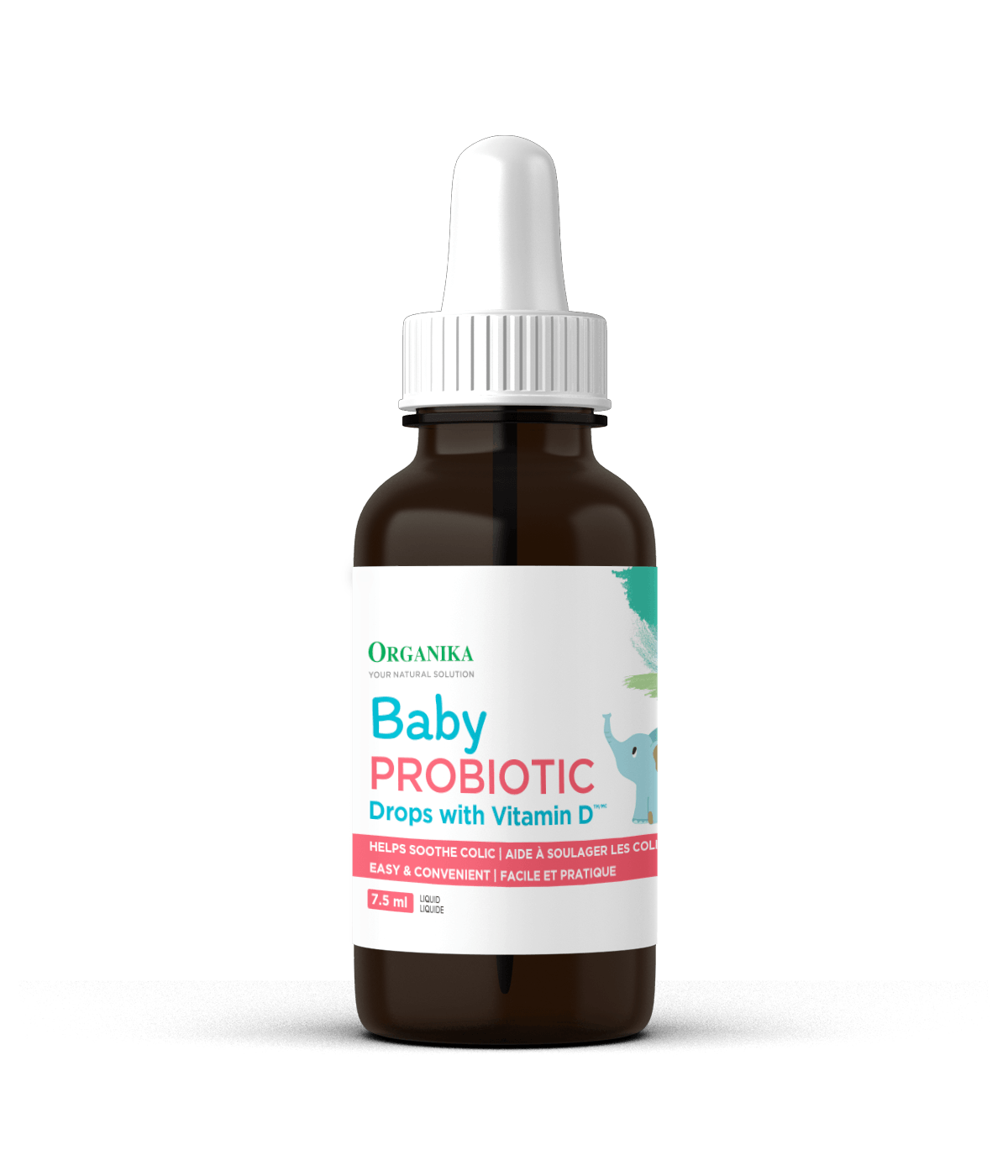
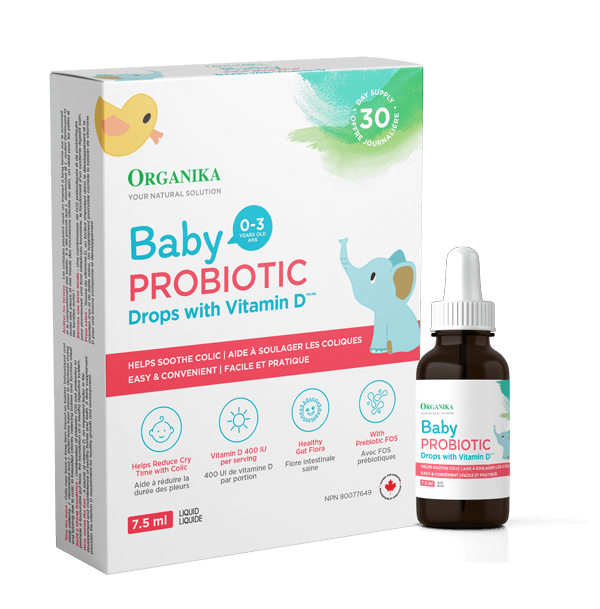


Supplement Facts


Ingredients & Nutrition
MEDICINAL INGREDIENTS (PER DROP / DOSE UNIT): Lactobacillus rhamnosus (19070-2) 25 Million CFU*, Lactobacillus reuteri (12246) 25 Million CFU*, Vitamin D3 (Cholecalciferol) 2 ?g (80 IU), *Colony Forming Unit
NON-MEDICINAL INGREDIENTS: Sunflower Seed Oil, Fructooligosaccharides
How to Use: Mix 5 drops with breast milk or infant formula, or dispense directly from dropper into babyís mouth, 1 time per day. Cautions: Do not exceed 5 drops in 24 hours. Do not add to hot drink or food.
Is This Right for You?
Is your breast-fed infant showing signs of colic?
Are you looking to support your baby's digestion naturally?
Do you want to ensure your baby is getting enough vitamin D?
If you answered ''yes'' to any of the above, this product is right for you.

-
Supports healthy immune function
-
Easy-to-use liquid drops for babies
Ingredients & Nutrition
Recommend For
Is your breast-fed infant showing signs of colic?
Are you looking to support your baby's digestion naturally?
Do you want to ensure your baby is getting enough vitamin D?
If you answered ''yes'' to any of the above, this product is right for you.
Gluten-Free
Non-GMO
Dairy-Free
A daily drop that helps little tummies feel better while easing signs of colic, maintaining immune function and supporting digestive health


The Full Scoop

-
Supports healthy immune function
-
Easy-to-use liquid drops for babies
If you've ever asked yourself why your baby is crying so much (and probably in the wee hours of the night), you're not alone. Colic is one of those mysterious baby phases, often defined by long periods of crying in otherwise healthy infants, usually in the first few months of life. The cause? Still a bit of a puzzle, but research points to digestion playing a big role. When digestion is supported and immunity is strong, babies just feel better.
We wanted to make a simple, no-fuss formula that combines active probiotic strains with vitamin D to help support your baby's gut health and immune system. That's where our Baby Probiotic Drops with Vitamin D come in.
They're easy to use and gentle on tiny tummies, helping to reduce crying and fussiness in breast-fed infants with colic. At the same time, the addition of vitamin D supports normal growth and helps develop strong bones and teeth.
Recommended age: 0-3 years
Ask Away
We’ve got the FAQs covered. But if you’re still stuck, we’re only a message away.
Get in TouchDoes this product need to be refrigerated?
No! Organikaís Baby Probiotic drops can be stored at room temperature. Just make sure to keep it under 25°C! This makes it a great product to be taken on-the-go or when travelling.
Does it matter what strains are in a probiotic?
There are many different strains of probiotics, but research has shown that they don't all have the same effects. When purchasing probiotics, it is important to make sure it contains clinically-studied strains with proven benefits. Organika's Baby Probiotic Drops' probiotic strains are clinically studied and science-backed.
Isn't more bacteria better?
Different probiotics are effective at different levels. More does not necessarily mean better! The effective dose for any given probiotic depends on the strain used and is determined based on clinical studies. The strains used in Organika's Baby Probiotic Drops have been clinically proven to work at the quantities used in our formula.
Are probiotics safe for infants?
There is plenty of research showing that probiotics and prebiotics are not only safe but beneficial when used by infants and young children. Like all of our products, Baby Probiotic adheres to strict quality standards and has been clinically tested to ensure its safety and efficacy.
Is this product free from common allergens?
Yes, Baby Probiotic is allergen-free and contains no eggs, preservatives, artificial flavours and colours, yeast, artificial sweeteners, wheat, soy, gluten, or GMO ingredients.
You'll Likely Also Love...
Kids Multi Vitamin Spray
One easy spray, so many complex systems covered
Kids Zinc Spray with Vitamin C
Sweet and simple immune support for kids in a fuss-free spray
Kids Elderberry Cough Relief Syrup
For sore throats and mucus buid-up, turn to naturally healing elderberry
Kids Liquid Plant-Based Omega-3
Omega-3s for cognitive health development during early growth years
Support Beyond Products
Your baby needs bacteria. I know, that sounds icky and goes against our instinct that bacteria = bad. But those little guys may be just what your little guy (or girl) needs to get set up for a healthy, happy digestive system and a strong immune system years down the road. And they might just save you hours of frustration and missed sleep. Let’s talk baby probiotics, baby! What do baby probiotics do? As adults, we have trillions of friendly bacteria living in our gut that help us keep a healthy digestive system. That’s called your gut microbiome! Just like fingerprints, this collection of bacteria is unique to each and every person. Some of the body functions they help out with include: Digesting certain foods your stomach and small intestine aren’t able to; Producing vitamins (such as B and K); Helping keep bad bacteria under control. (More on that later!) It doesn’t start out that way, though. When babies are in the womb, their tummies are a blank slate. Once they are out and about, they begin to gather a little army of gut helpers, the bacteria they come across as they interact with the world around them. Probiotics help introduce “good” bacteria during the first 3 years of life, paving the way to a healthy, balanced gut microbiome later in life! Do baby probiotics support immunity? The immune system is our first line of defence against outside bugs, and though we don’t often think of it that way, the gut is part of this defence squad. A healthy gut is especially important in babies and small children, whose immunity is still in development! Supplementing with baby probiotics might even help dial down on the use of antibiotics: research has shown that probiotics can help reduce the incidence and duration of respiratory, digestive and ear infections in children. Can I use baby probiotics for colic? The exact cause of baby colic is a matter of debate within the medical community, but probiotics could be a light at the end of the tunnel for frustrated parents! Studies have linked certain probiotic strains to shorter crying times in breastfed babies with colicky symptoms, as well as fewer colic-related phone calls and visits to the doctor. How do baby probiotics work? The gut is like a tiny ecosystem. As bacteria start to settle in, they compete with each other for food and space. Basically, adding good bacteria to your baby’s gut with probiotics ensures that the resources available in the gut are being used by the good guys before the bad guys can even get there! Organika's new Baby Probiotic Drops with Vitamin D feature a clinically-proven blend of probiotic strains and the sunshine vitamin for a balanced gut microbiome, healthy bones and teeth, and less tears! Wanting to keep your own gut in check as well? Try Probiotic + Prebiotic powder. References: Gut microbiota info (Gut Microbiota for Health) https://www.gutmicrobiotaforhealth.com/en/about-gut-microbiota-info/ Probiotics and immune health (Yan, F. & Polk, D.B. in Current opinion in gastroenterology ) https://www.ncbi.nlm.nih.gov/pmc/articles/PMC4006993/ Probiotics could reduce the need for antibiotics during childhood (Cristina Saez in Gut Microbiota for Health) https://www.gutmicrobiotaforhealth.com/en/probiotics-could-reduce-the-need-for-antibiotics-during-childhood/ Lactobacillus reuteri (American Type Culture Collection Strain 55730) versus simethicone in the treatment of infantile colic: a prospective randomized study (Savino et al. in Pediatrics, 2007) https://www.ncbi.nlm.nih.gov/pubmed/17200238 Preventive effects of oral probiotic on infantile colic: a prospective, randomised, blinded, controlled trial using Lactobacillus reuteri DSM 17938 (Savino et al. in Beneficial Microbes, 2015) https://www.ncbi.nlm.nih.gov/pubmed/25488262
read moreYou have literally trillions of bacteria living in your gut, but you know what? When it comes to the gut microbiome, more is more. Bacteria are essential to your gut health, period. They help break up and digest food, maintain overall gut health and support the immune system, too. The more good bacteria hanging out in your intestines, the less room there is for harmful bacteria that can cause discomfort. What are probiotics and why are they important? That’s where probiotics come in: they’re food or supplements that contain the types of bacteria you want on your team! Some of the most common ones are called Lactobacillus and Bifidobacterium, but there are many different species and strains of probiotics, with different effects on human health. Some of the more well-researched benefits of taking probiotics include: Improving mild gut disorder symptoms Relieving gas and bloating Promoting balance in the gut microbiome Aiding the growth of beneficial bacteria after using antibiotics What are prebiotics and what do they do? Yes, you read right: there are prebiotics too. And what a difference does one letter make! Prebiotics are types of fibre that our body isn't able to digest. Instead, they serve as fuel for probiotic bacteria. They boast health benefits such as balancing blood sugar levels and aiding in the absorption of bone-strengthening minerals. Chicory root, garlic, leafy greens, legumes and bananas are all great dietary sources of prebiotics. Probiotics + prebiotics = ? Have you done the mental math yet? If so, you may have noticed that it’s a great idea to take probiotics and prebiotics together! Supplements that combine both are known as synbiotics. Combined, probiotics and prebiotics encourage the growth and survival of the probiotic bacteria you’re taking in. This maximizes the health benefits you would receive from taking probiotics or prebiotics alone. Other than the gut health benefits provided by probiotics discussed earlier, taking a synbiotic supplement can help with: Immunity: a balanced gut microbiome is an important element in ensuring your immunity is in working order, helping condition the immune system to different types of bacteria. Synbiotics seem to also help reduce intestinal and overall inflammation, according to a few animal studies. Heart health: Synbiotics may have an effect on how our body metabolizes fats, with potential benefits in controlling cholesterol levels. Making sure to include probiotic and prebiotic foods in your diet is a great way to keep your gut microbiome happy and balanced. If you need a helping hand (or millions of tiny ones!), consider a synbiotic supplement, like Organika’s Probiotic + Prebiotic powder, for an easy daily boost to your gut health! For a probiotic that can help you out with bacteria-caused infections, check out our new Probiotic + Cranberry!
read moreBy now we have all heard about “probiotics” or “probiotic rich" foods as our digestive tract and its health is becoming a big topic in our overall health. Probiotics are becoming more and more critical as research continuously shows how beneficial these healthy bacteria strains are to our health. WHAT ARE PROBIOTICS? So what exactly are probiotics and why do they get so much hype? Well for starters, let us get right into the name! The word “Pro" is a Greek word for promoting and “biotic” is the meaning for life. Probiotics, when you research it or read about them online, are known as live organisms that are essential for promoting a healthy balance of “ good “ bacteria in our digestive tract. They are what is known as “ healthy”, “good”, “friendly “ bacterial strains that are known to increase optimal digestive health and increase and support our immunity. Excellent or healthy bacteria have an essential role in our digestive tracts – they are our bodies defence against the viruses and harmful bacteria that we encounter. WHAT DOES OUR DIGESTIVE TRACT DO? Our digestive tract houses thousands of microbiota (our microbiome) responsible for the functioning of our digestive health. It is essential for us to have a balance of both good and bad bacteria in our digestive tract otherwise symptoms of dysbiosis can occur ( think IBD, Crohns, Colitis, Celiacs disease ). So how do we get imbalances of healthy bacteria in our digestive tract and why do we need to supplement? Multiple factors play a role in our digestive health and bacteria. When we have dysbiosis as mentioned above, our intestinal flora can be off track. A few contributing factors to dysbiosis can be the following: Antibiotic Use ( they kill both the good and bad bacteria ) A diet high in sugar Candida / SIBO Not enough Prebiotic-rich foods ( essential for building up healthy bacteria in our digestive tract ) Stress High amounts of Caffeine Alcohol Over time our digestive tract health and generally our immunity starts to undergo changes, and we can feel start to feel sick or experience symptoms of a sluggish digestive tract. Often symptoms of dysbiosis can be : Bloating Constipation Flatulence Food sensitivities Intestinal regulation Motility Skin conditions (eczema, psoriasis, acne ) Quite often we can live with these conditions mentioned above without realizing that our digestive tract is low in beneficial bacteria known to help fight off the harmful bacteria’s. That is where the world of probiotics come in. HOW DO YOU CHOOSE PROBIOTIC SUPPLEMENTS? Now, this is a vast subject, to understand the dynamics of our digestive tract and how the many different strains of bacteria’s out there play a role (There are over 400 different types of strains). When you go to purchase probiotics, it can be overwhelming. I often get asked, "How do you choose?" and "Which brand do you choose?" That is an excellent question! I usually suggest to my clients to look for a probiotic with more than 3 different strains! Each strain of bacteria that you find in probiotics is beneficial to various health benefits! The most common strains that you see in probiotics are: Bifidobacterium animalis. Lactobacillus Lactobacillus acidophilus. Another essential factor to consider when you are purchasing probiotics is to ensure that they are stomach acid stable ( meaning that they are enteric coated and will withstand your stomach acid after ingestion). You also want to consider the CFU amount ( Colony forming units ) – this is how much of the particular strain is in this specific probiotic. The higher the CFU, the higher the amount of strain. I like to suggest anything higher than 15, 000 CFU’s and up to 75,000 a day. A lot I know, however depending on your digestive tract, this can be a game changer to some of your symptoms. PROBIOTIC FOODS TO CONSUME: Another critical factor to point out as well when discussing probiotics are “ probiotic-rich foods”. I hear lots of my clients tell me how they eat lots of probiotic-rich foods; therefore they don’t need to supplement with a probiotic. Probiotic-rich foods are foods that have gone through a fermentation process ( kombucha, yoghurt, sauerkraut, kimchi). Although they are probiotic-rich foods – they aren’t probiotic strains. They are essential in building up the good, healthy bacteria flora in our digestive tract ( similar to the role of prebiotics). They, however, do not add in essential bacterias like a probiotic supplement does. I generally suggest doing both for increased digestive health and a good healthy digestive tract flora. CONCLUSION: When we think of Probiotics – I like to acknowledge the power of them and their overall health benefits. I want to nickname them “ natures anti-biotics” as they play the same role in our body as anti-biotics do without destroying the balance of good and bad bacteria. Probiotics help increase the stability of intestinal flora, help strengthen our immunity, assist with nutrient absorption, prevent diseases, toxins and harmful parasites from affecting our health as well as play a beneficial role in our skin health. Paired with foods rich in prebiotics ( foods rich in inulin – asparagus, garlic, onions, leeks, dandelion root), probiotics can flourish in our digestive tract with supplementation and a healthy lifestyle. Often within two weeks of supplementing with probiotics people will notice a significant reduction in their gastrointestinal symptoms, a change in their skin health as well as their overall daily health. I generally like to recommend to my clients to supplement with probiotics daily. Over time and due to our lifestyles the imbalance in our intestinal flora can change, and we don’t have the same amount of beneficial flora as we did as babies. I like to recommend taking a probiotic daily and at bedtime. Organika carries two different types of probiotics that are both enteric coated and have the essential strains for healthy intestinal flora. -RECOMMENDED PRODUCTS- Active Acidophilus Super Active Multi-Dophilus Probiotic that forms part of a natural, healthy gut flora. A comprehensive blend of probiotics that promote healthy microbial balance and supports the function of the digestive tract. – Chelan Wilkins, RHN – National Education Trainer
read more





